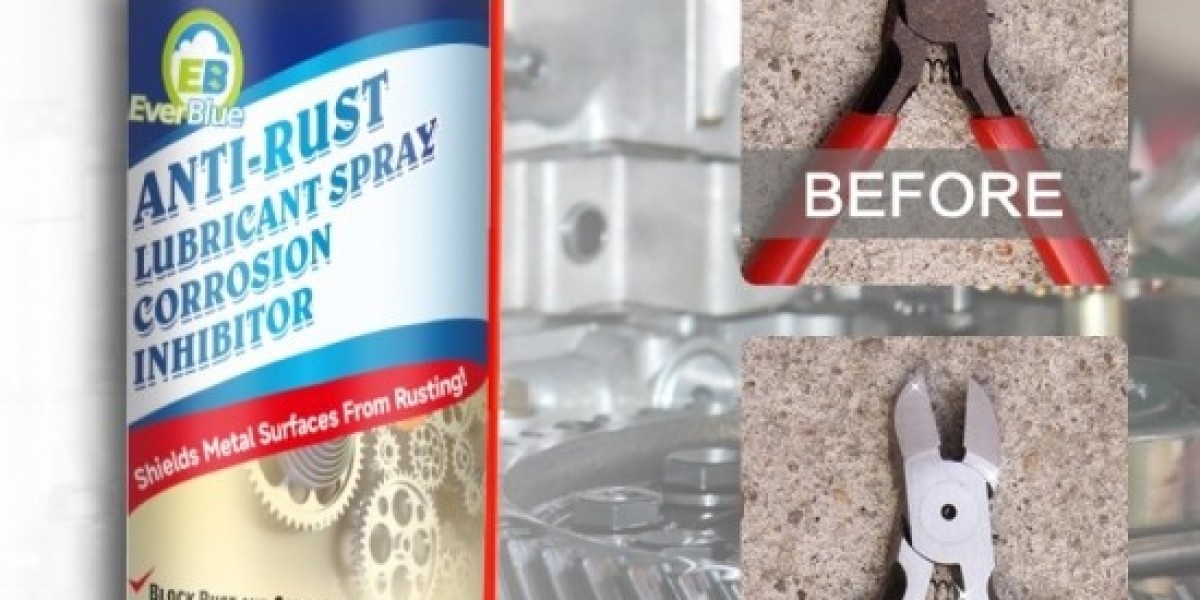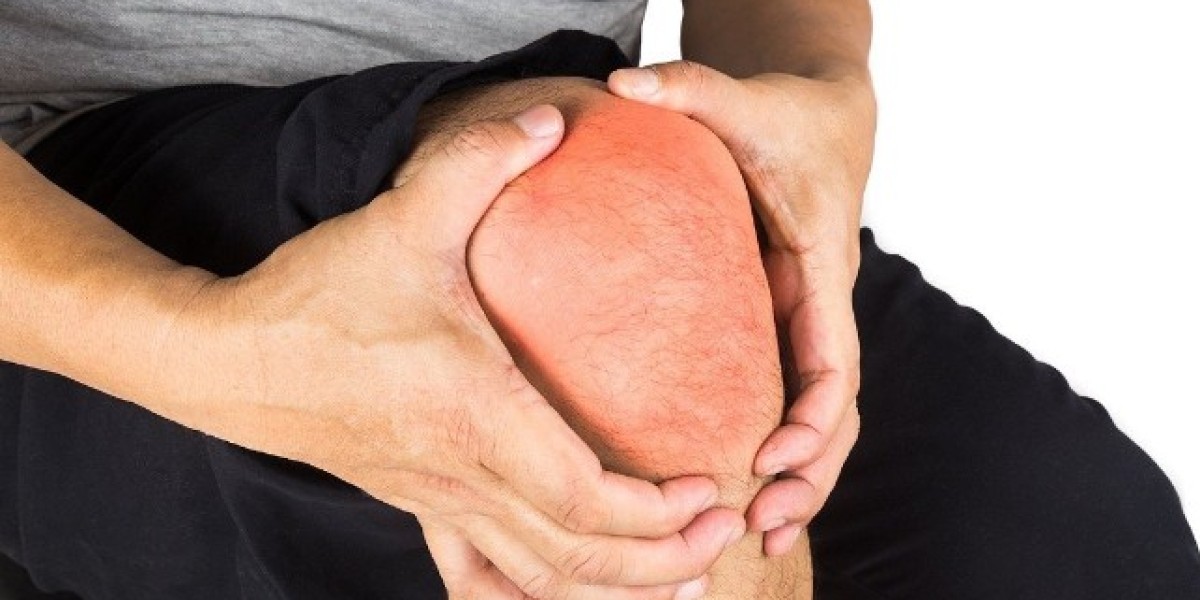Introduction
Rust is a common problem that affects ferrous metals like iron and steel. It occurs when these metals react with oxygen and moisture in the air. Over time, this oxidation process causes the metal to corrode and lose integrity. Left unaddressed, severe rust can compromise the structural strength of mechanical parts and equipment.
Reasons to Use
Rust lubricants are formulated to prevent and inhibit rust from forming on metal surfaces. There are a few key reasons why applying these products is beneficial:
Protection Against Corrosion
By creating a protective barrier between the metal and its environment, rust lubricants shield ferrous alloys from oxidizing elements. Their formulation chemically prevents the rust reaction from occurring. This shields metal components and machinery from premature corrosion damage.
Extended Equipment Lifespan
When rust is kept at bay, metal parts last significantly longer before replacement is needed. Lubricants allow machinery, tools, vehicles and more to maintain structural integrity for years instead of months. This lowers long-term maintenance costs by reducing replacement part needs.
Improved Aesthetics
In addition to protecting functionality, lubricants also maintain an attractive appearance. By locking out moisture and oxygen, they prevent unsightly surface discoloration and flaking that rust causes. Equipment, architectural metals and other assets stay looking newer for far longer.
Types of Rust Lubricants
Oil-Based Lubricants
Traditional oil-based rust preventives are some of the most common and affordable options. Formulations contain mineral oils that displace water and form a hydrophobic barrier. While effective, oils do require reapplication as they gradually wear away.
Water-Displacing Compounds
Similar to oils but even more effective, these compounds actively displace moisture rather than just blocking it. Their non-oily formulation penetrates deeper into cracks and crevices for powerful rust protection indoors or out. They remain lubricating for months or years with a single application.
Vapor-Phase Inhibitors
An advanced type, vapor-phase inhibitors emit corrosion-inhibiting chemicals that form an invisible barrier just above the metal surface. Their gaseous protection envelopes metal components continuously for years of maintenance-free rust prevention. Great for enclosed spaces.
Grease-Based Lubricants
For moving parts, grease-based rust preventives form a tacky lubricating film. Their thick texture clings tenaciously to surfaces while blocking contaminants. Most are water-resistant and suitable for intermittent outdoor exposure in damp conditions.
Evaluating Application Methods
Different lubricants are applied using specific methods suited to the product formulation and intended application:
Solvent-Based Coatings
Applying solvent-lubricants involves thoroughly cleaning and drying the surface first. Then, use a brush, cloth or spray to work the viscous protective coating into all areas, leaving a bright, dry film. Reapply periodically as needed.
Aerosol/Spray-On Formulas
For surfaces that are difficult to fully coat by brushing, aerosol and spray lubricants offer superior coverage in tight spots. Shake cans vigorously and spray an even mist 12 inches from the metal at a 45 degree angle until uniformly wet.
Immersion/Dip-Coating
Submerging larger metal components or assemblies provides complete protection in hard-to-reach crevices. Ensure thorough coating saturation by gently agitating parts in the lubricant bath and allowing a drip-dry time before use.
Grease Packaging
Grease-based rust preventives are applied by squeezing or scraping thick doses onto moving parts, bearings, hinges and other pivot points. Massage thoroughly into all interfaces for adherence during operation. Re-apply periodically.
In summary, selecting the right rust lubricant type and applying the product correctly ensures metal components, equipment and structures receive optimal long-term corrosion protection. Proper maintenance extends their usable lifetimes considerably.



